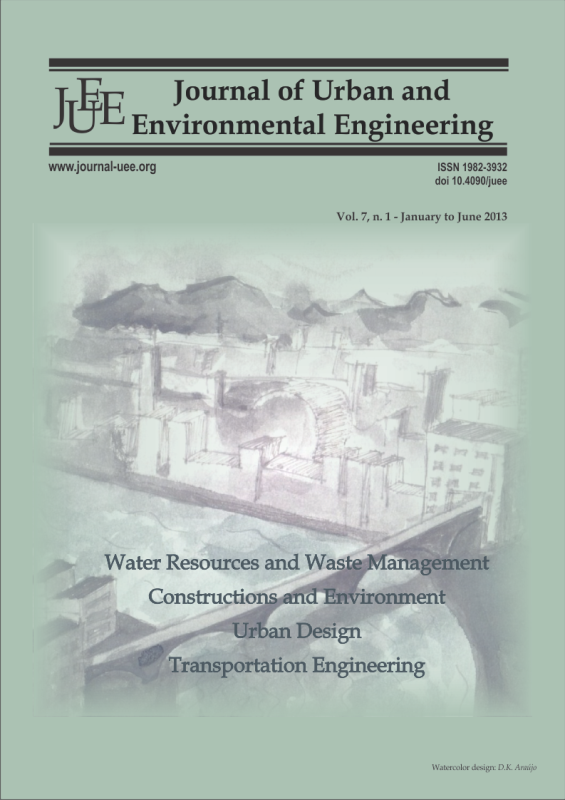BIOGAS POTENTIAL OF ORGANIC WASTE IN NIGERIA
DOI:
https://doi.org/10.4090/juee.2013.v7n1.110-116Abstract
With the growing demerits of fossil fuels - its finitude and its negative impact on the environment and public health - renewable energy is becoming a favoured emerging alternative. For over a millennium anaerobic digestion (AD) has been employed in treating organic waste (biomass). The two main products of anaerobic digestion, biogas and biofertilizer, are very important resources. Since organic wastes are always available and unavoidable too, anaerobic digestion provides an efficient means of converting organic waste to profitable resources. This paper elucidates the potential benefits of organic waste generated in Nigeria as a renewable source of biofuel and biofertilizer. The selected organic wastes studied in this work are livestock wastes (cattle excreta, sheep and goat excreta, pig excreta, poultry excreta; and abattoir waste), human excreta, crop residue, and municipal solid waste (MSW). Using mathematical computation based on standard measurements, Nigeria generates about 542.5 million tons of the above selected organic waste per annum. This in turn has the potential of yielding about 25.53 billion m³ of biogas (about 169 541.66 MWh) and 88.19 million tons of biofertilizer per annum. Both have a combined estimated value of about N 4.54 trillion ($ 29.29 billion). This potential biogas yield will be able to completely displace the use of kerosene and coal for domestic cooking, and reduce the consumption of wood fuel by 66%. An effective biogas programme in Nigeria will also remarkably reduce environmental and public health concerns, deforestation, and greenhouse gas (GHG) emissions.Downloads
Download data is not yet available.
Downloads
Published
2013-08-16
Issue
Section
Articles




